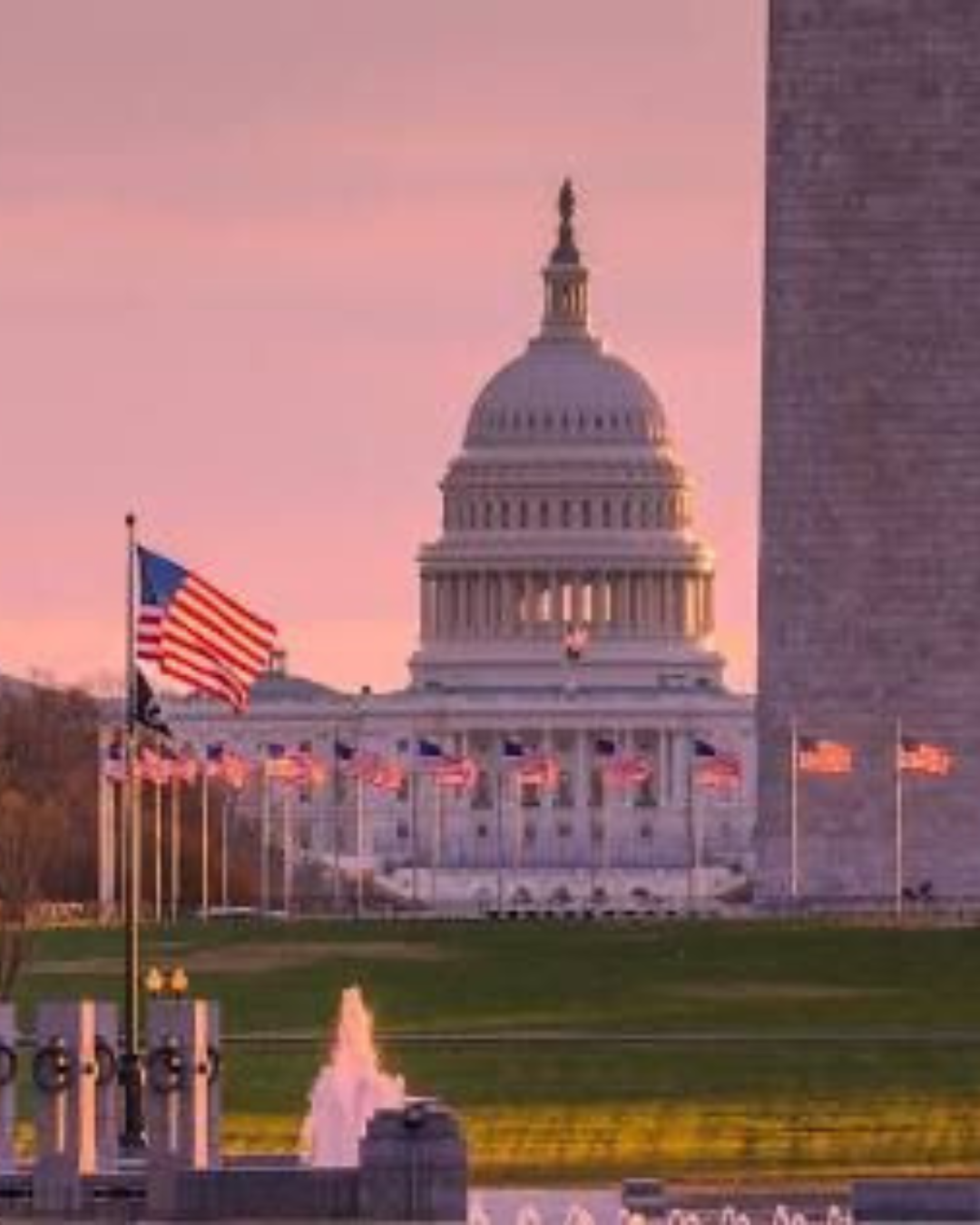First U.S. Pope Warns of Theaters’ Decline, Calls Cinema a “Workshop of Hope”
VATICAN CITY — In an unprecedented gathering that brought Hollywood’s elite to the heart of the Catholic Church, Pope Leo XIV issued an impassioned plea Saturday to preserve the communal experience of movie-going, warning that cinemas face an existential threat in the digital age.
The historic audience at the Vatican drew A-list talent including Academy Award winners Cate Blanchett and Spike Lee, along with Chris Pine and Monica Bellucci, as the first American pontiff made clear his concern about cinema’s uncertain future.
“Cinemas are experiencing a troubling decline, with many being removed from cities and neighbourhoods,” Pope Leo told the assembled artists in the Apostolic Palace. “More than a few people are saying that the art of cinema and the cinematic experience are in danger.”
The pope’s warning comes amid sobering industry realities. Box office revenues across many countries remain significantly depressed compared to pre-pandemic levels. In a particularly stark indicator, multiplexes in the United States and Canada endured their worst summer since 1981 this year—excluding the COVID-19 shutdown period—underscoring the scale of the challenge facing traditional theaters.
Leo urged institutions and governments not to abandon cinema but instead “to cooperate in affirming the social and cultural value of this activity,” framing movie theaters as essential cultural infrastructure rather than mere entertainment venues.
In his address, the pontiff elevated cinema beyond simple entertainment, characterizing it as a vital “workshop of hope” particularly needed during times of global uncertainty and digital overload. He traced cinema’s 130-year evolution from “a play of light and shadow” into an art form capable of revealing humanity’s deepest questions.
“Cinema is not just moving pictures; it sets hope in motion,” Leo declared, describing the act of entering a theater as “like crossing a threshold” where imagination expands and even pain can discover new meaning.
The pope’s philosophical approach reflected both his American background and his evident appreciation for the medium’s power. His remarks suggested he views the theatrical experience as something approaching the communal and transformative—a shared ritual in an increasingly atomized society.
The Algorithm vs. The Artist
Pope Leo reserved some of his sharpest criticism for the digital culture reshaping how stories are told and consumed. He warned that constant digital stimuli risk reducing narratives to mere data points, stories engineered by what algorithms predict will succeed rather than what artists envision.
“The logic of algorithms tends to repeat what works, but art opens up what is possible,” the pope said, challenging filmmakers to defend “slowness, silence and difference” when these elements serve the story—qualities increasingly rare in an era of algorithmic content optimization and shortened attention spans.
This critique positions Leo as a defender of artistic autonomy against market forces and technological determinism, a stance that resonated with many in the creative community who feel pressure to conform to platform metrics and data-driven decision-making.
A Call to Confront Hard Truths
The pontiff also challenged artists to engage honestly with the world’s suffering, encouraging them to confront violence, war, poverty and loneliness in their work. However, he drew a crucial distinction: “Good cinema does not exploit pain; it recognizes and explores it.”
This ethical framework suggests Leo sees cinema as having a moral dimension—capable of bearing witness to injustice and human struggle without sensationalizing or commodifying suffering. It’s a vision of cinema as both art and moral inquiry.
The pope praised not only the visible talents—directors and actors—but the vast crews working behind the scenes, calling filmmaking “a collective endeavour in which no one is self-sufficient.” This recognition of cinema’s collaborative nature, from lighting technicians to costume designers, drew appreciation from an industry where below-the-line workers often go unrecognized.
Ahead of the meeting, the Vatican revealed four films that hold special meaning for Pope Leo, offering insight into the pontiff’s cinematic sensibilities. The selections—Robert Wise’s “The Sound of Music,” Frank Capra’s “It’s a Wonderful Life,” Robert Redford’s “Ordinary People,” and Roberto Benigni’s “Life Is Beautiful”—suggest a preference for stories of resilience, family, and finding hope amid darkness.
These choices, spanning from classic Hollywood musicals to intimate character dramas, reveal a pope drawn to narratives about ordinary people facing extraordinary circumstances with dignity and courage. Notably absent are religious films, suggesting Leo’s appreciation for cinema’s ability to explore spiritual themes through secular stories.
The event culminated in a one-on-one receiving line where each artist met privately with the pontiff. Director Spike Lee presented Pope Leo with a New York Knicks basketball jersey emblazoned with “Pope Leo 14,” a gesture connecting the pontiff’s former home city with his new ecclesiastical identity.
The gathering itself represented a remarkable convergence of cultural power—Hollywood’s storytellers meeting the leader of 1.4 billion Catholics—and signaled the Church’s recognition of cinema as a legitimate art form worthy of papal attention.
Pope Leo’s intervention in the cinema debate comes at a critical juncture. Streaming platforms have fundamentally altered viewing habits, while the pandemic accelerated the shift away from theatrical attendance. The question facing the industry is whether theaters can reclaim their cultural centrality or if they’re destined to become niche venues for cinephiles.
The pope’s message suggests he believes this is not merely an economic question but a cultural and even spiritual one. In his view, the loss of shared theatrical experiences would represent more than a business failure—it would mark the disappearance of communal spaces where strangers gather in darkness to witness stories together, emerging changed by what they’ve seen.
“I urge institutions not to give up,” Leo concluded, his words carrying the weight of both religious authority and evident personal conviction. Whether that appeal will translate into policy action or cultural revival remains to be seen, but few voices carry more moral weight than that of a pope.
As cinema marks its 130th anniversary this year, Pope Leo XIV has positioned himself as an unlikely but powerful advocate for its next chapter—one where theaters survive not just as businesses but as what he called workshops of hope in a world that desperately needs them.











